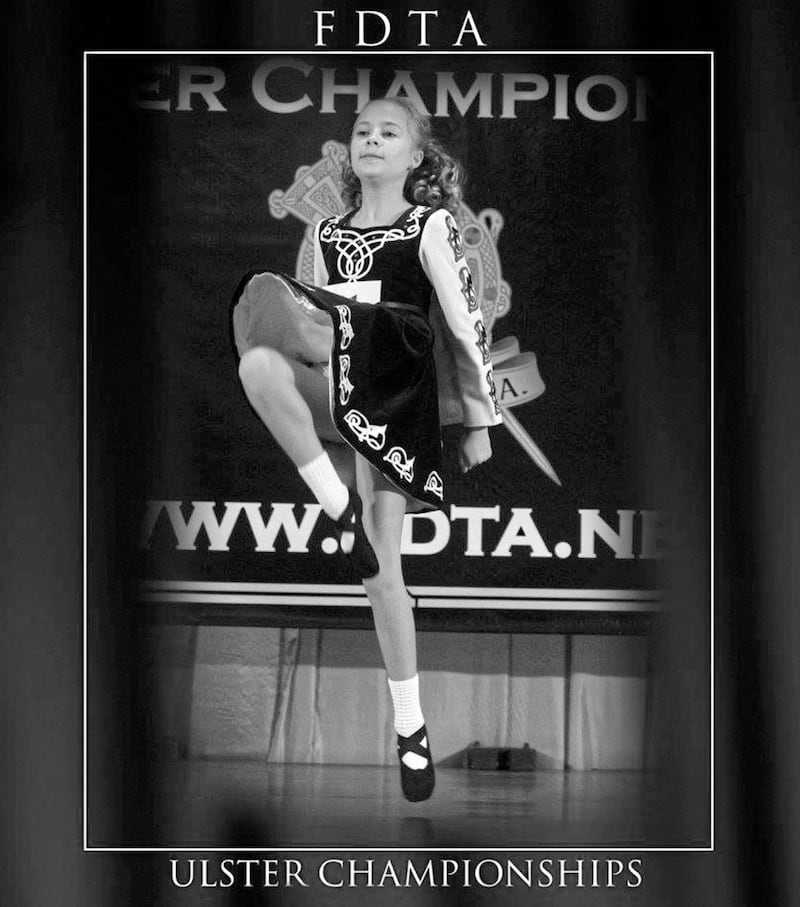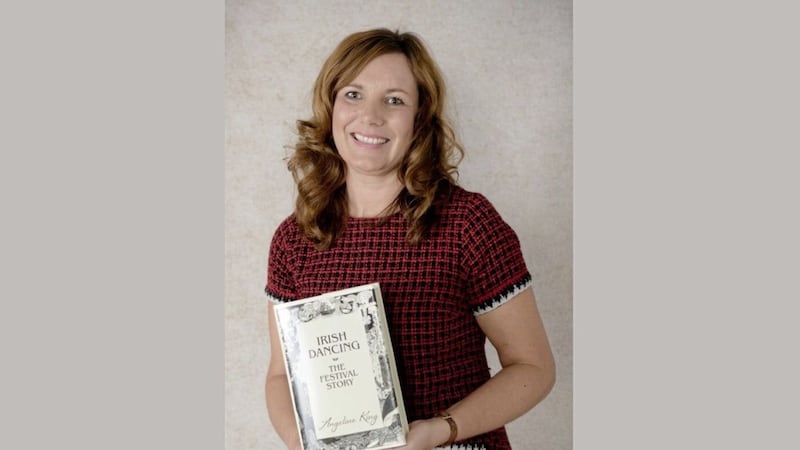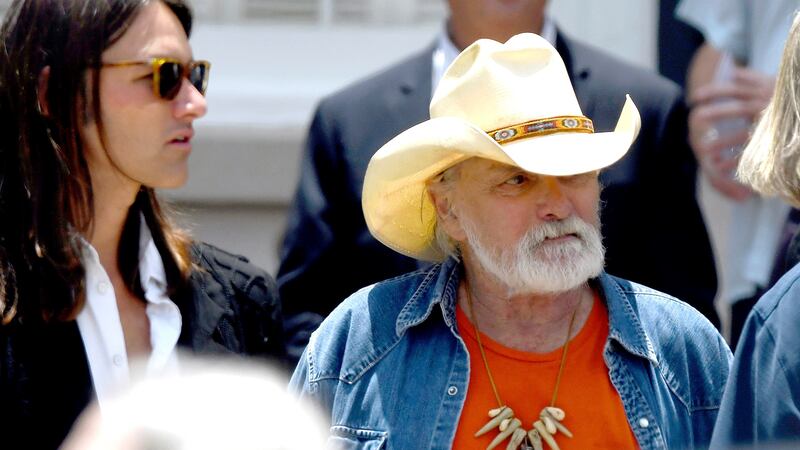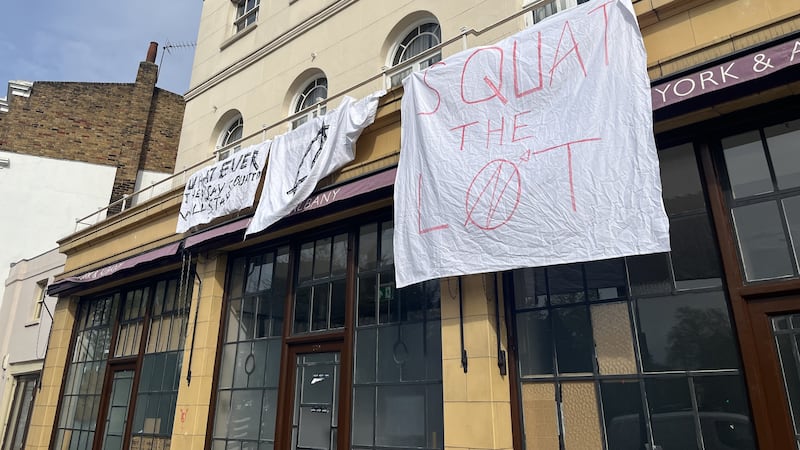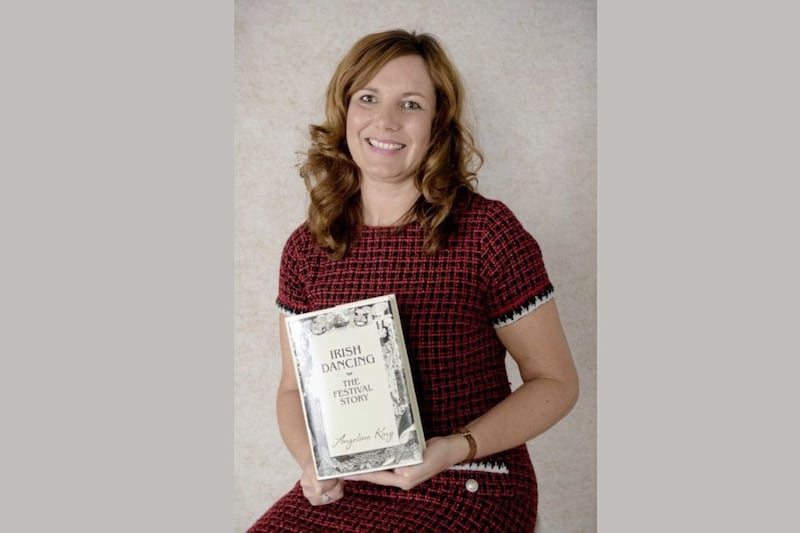WHEN author Angeline King was a little girl, she had thought that everyone did Irish dancing – so she was shocked to learn that there were perceptions of it being only a Catholic or nationalist tradition.
In her new book, the Larne native has documented the history of the Irish dancing festival tradition in Northern Ireland, outlining the ways in which it is a shared cultural experience between Catholics and Protestants.
Irish Dancing – The Festival Story is a record of the festival tradition, its publication coinciding with the 90th anniversary of the first ever festival in 1928.
Billed as "the story of Irish dancers who crossed cultural barriers with a light double heart", the book highlights the ways in which Irish dancing united both communities even during some of the most violent years in the north.
In the book, King notes that "few people realise that Irish dancing comprises Catholics and Protestants in almost equal numbers."
It was the author's own curiosity about Irish dancing as a shared experience that led to her doing the research.
"I was curious about how many Protestants got involved in Irish dancing when other Gaelic arts haven't been taken up in large numbers by the Protestant community," she tells me.
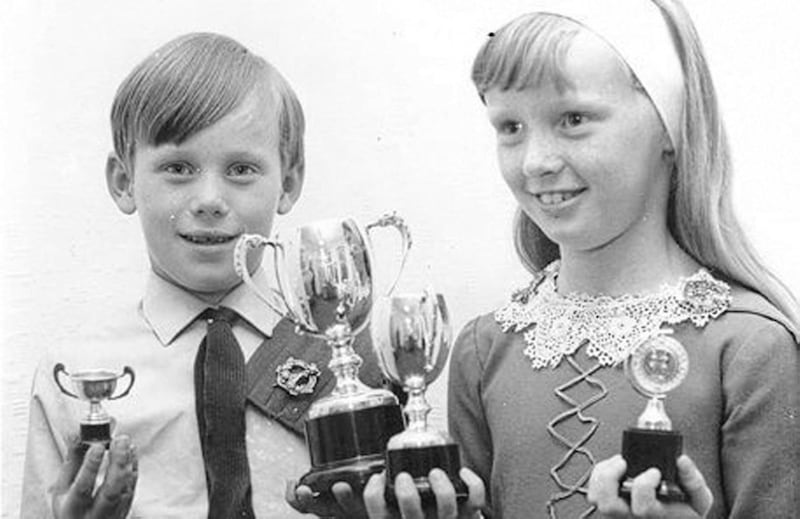
My friends would have done Irish dancing in Larne and I knew that Ballymena also had a very rich heritage of Irish dancing amongst Protestant people. I was curious to how all this came about."
The author says that people are usually either very surprised or intrigued when she talks about Protestants doing Irish dancing.
"I met this girl in Armagh this summer and she had a real shock when I told her that the Irish dancing festival is hosted in the Orange hall. She’s not the first person to be surprised by this."
According to King, during the troubles Irish dancing played a huge part in bringing children from different backgrounds together.
"I’ve met Protestant people, going right back, who have said that their best friend is Catholic and they’ve met those best friends through Irish dancing," she says.
"The dancing has always been a rich part of the Protestant community and I think particularly during the troubles it did bring communities together.
"I think friendships were formed that might not otherwise have been formed because obviously children weren’t attending the same school."
As a young girl, King used to attend Irish dancing classes with a Protestant classmate and their Catholic next door neighbour.
"For that period of one-and-a-half hours on a Saturday morning, these two next door neighbours who were in different schools because of their religion were in the same school. I think that's important."
Irish Dancing – The Festival Story includes the story of Irish dancer Juliane Mitchell, whose father Billy was imprisoned for loyalist paramilitary activity in 1975.
Juliane began Irish dancing in 1977 at the age of six and continued until the age of 18, a timeline that King notes coincided with her father’s prison sentence.
"I thought Juliane’s story was quite touching actually, because her dad wrote her a letter," the author explains.
"I’ve printed part of it in the book and he really encourages her to keep at it.
"There’s amazing stories there that the loyalist paramilitaries in prison in the Maze made trophies – and one significant trophy that was made was the big harp used in the Northern Ireland Championship."
When recording the history of the Irish dancing festival tradition, King felt it was important to highlight the role of teachers in uniting the communities.
"The teachers who were involved in this I feel are unsung heroines of cross community activities in Northern Ireland.
"They really kept communities together and they fought to keep those festivals running through the most violent years in Northern Ireland."
The author says that one particularly challenging time for the teachers was at a festival in 1977 that happened to coincide with the United Unionist Action Council Strike.
"There were road blockades all over Ulster but these teachers were so determined to keep the festival running that they agreed to go ahead with it.
There was a threat of no electricity and children had to travel across these blockades, it wasn’t a very safe time to be on the roads. But around 2,200 people attended the festival, which is phenomenal. The festival actually thrived through the Troubles."
Another focus for King was to document the accomplishments of any significant females who had a role in the festivals.
"I wanted to record the achievements of the women in particular," she says.
"I sometimes think that women get overlooked and I thought it would be great to tell the story of these very strong capable women."
King adds: "I'm glad that I have written it now because it is important to tell the story about these people. They did incredible things and they kept the communities together and they are very humble people."
:: Irish Dancing – The Festival Story will be launched at Larne Library on October 25 at 6.30pm. Call 028 2827 7047 or email larne.library@librariesni.org.uk? for more information
